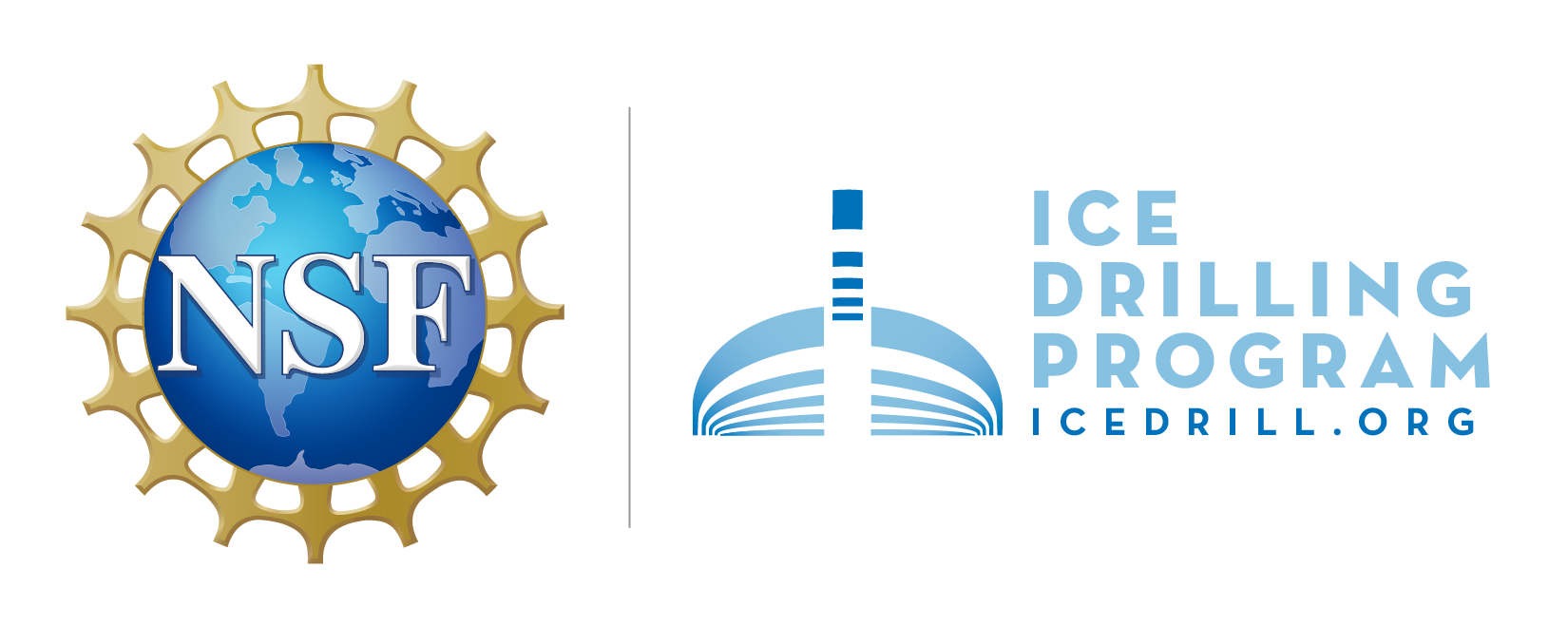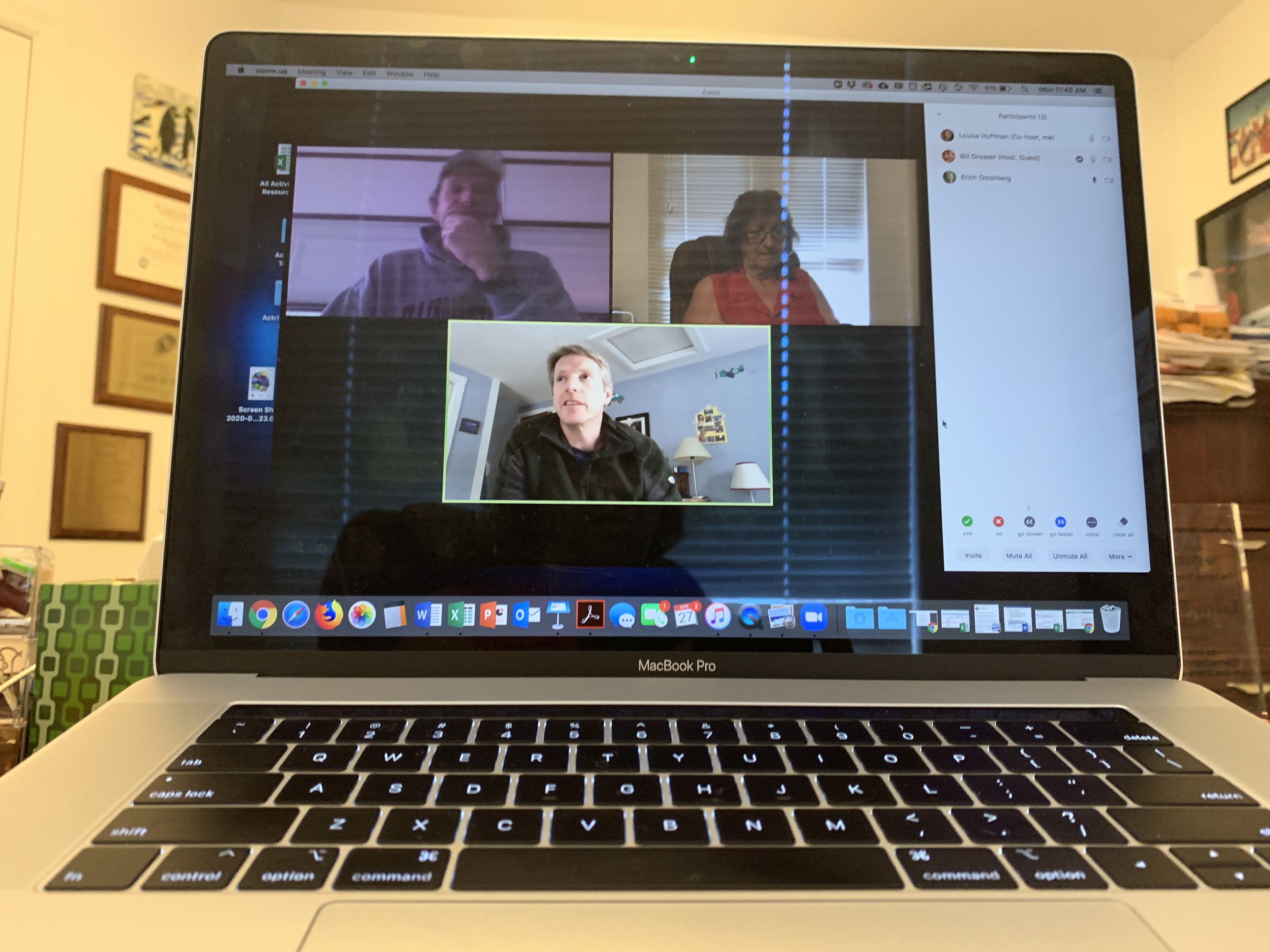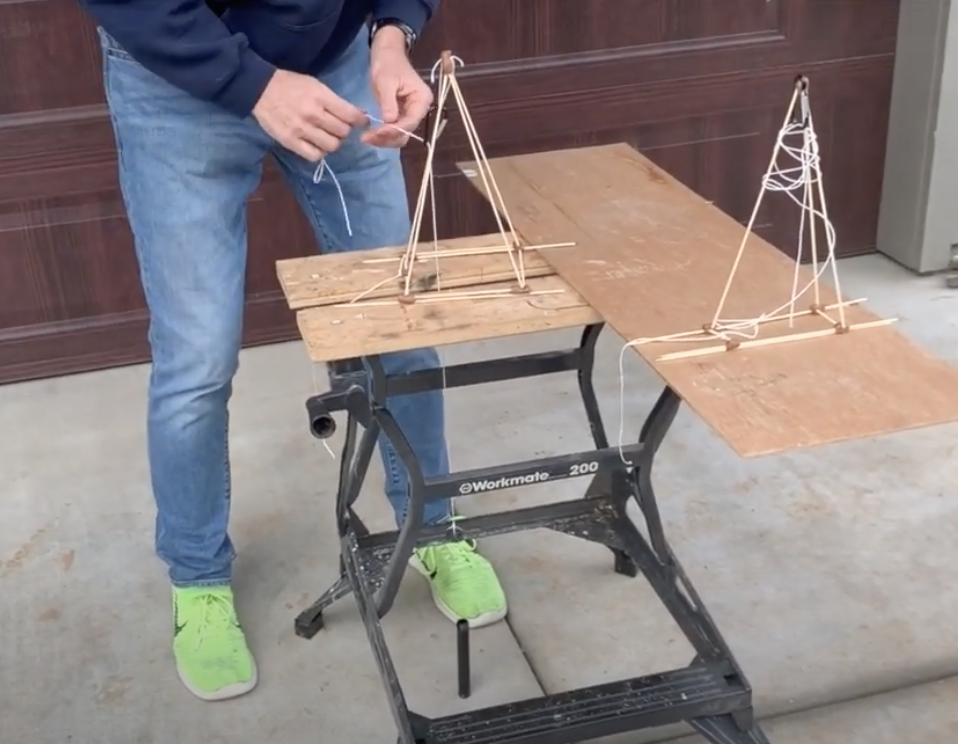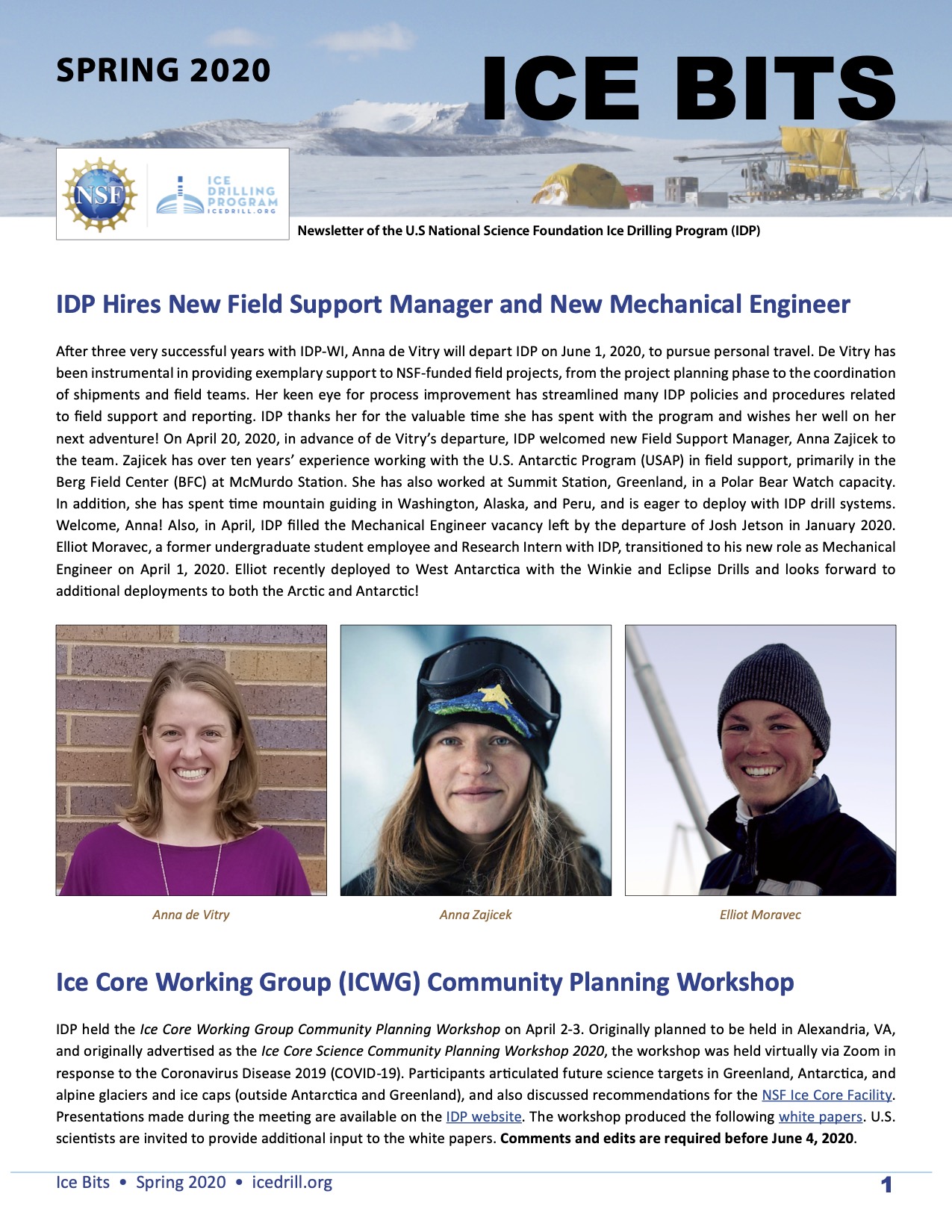IDP Hires New Field Support Manager and New Mechanical Engineer
After three very successful years with IDP-WI, Anna de Vitry will depart IDP on June 1, 2020, to pursue personal travel. De Vitry has been instrumental in providing exemplary support to NSF-funded field projects, from the project planning phase to the coordination of shipments and field teams. Her keen eye for process improvement has streamlined many IDP policies and procedures related to field support and reporting. IDP thanks her for the valuable time she has spent with the program and wishes her well on her next adventure! On April 20, 2020, in advance of de Vitry’s departure, IDP welcomed new Field Support Manager, Anna Zajicek to the team. Zajicek has over ten years’ experience working with the U.S. Antarctic Program (USAP) in field support, primarily in the Berg Field Center (BFC) at McMurdo Station. She has also worked at Summit Station, Greenland, in a Polar Bear Watch capacity. In addition, she has spent time mountain guiding in Washington, Alaska, and Peru, and is eager to deploy with IDP drill systems. Welcome, Anna! Also, in April, IDP filled the Mechanical Engineer vacancy left by the departure of Josh Jetson in January 2020. Elliot Moravec, a former undergraduate student employee and Research Intern with IDP, transitioned to his new role as Mechanical Engineer on April 1, 2020. Elliot recently deployed to West Antarctica with the Winkie and Eclipse Drills and looks forward to additional deployments to both the Arctic and Antarctic!
Ice Core Working Group (ICWG) Community Planning Workshop
- Long Range Plans
- Meetings/ Workshops
- Science Advisory Board
- Ice Core Working Group
IDP held the Ice Core Working Group Community Planning Workshop on April 2-3. Originally planned to be held in Alexandria, VA, and originally advertised as the Ice Core Science Community Planning Workshop 2020, the workshop was held virtually via Zoom in response to the Coronavirus Disease 2019 (COVID-19). Participants articulated future science targets in Greenland, Antarctica, and alpine glaciers and ice caps (outside Antarctica and Greenland), and also discussed recommendations for the NSF Ice Core Facility. Presentations made during the meeting are available on the IDP website. The workshop produced the following white papers. U.S. scientists are invited to provide additional input to the white papers. Comments and edits are required before June 4, 2020.
- Research Priorities for Alpine Glaciers and Ice Caps
- Community Recommendations for the NSF Ice Core Facility
- Paleoclimate Ice Core Research Priorities in Antarctica
- Ice Core Research Priorities in Greenland
For more information about the ICWG, visit the ICWG webpage.
School of Ice Transitions to Virtual Workshop Format
- Education/ Outreach
- Meetings/ Workshops
The School of Ice (SOI) is IDP’s successful residential advanced professional development workshop on ice core science for college faculty and high school teachers who teach advanced science courses. In response to the Coronavirus Disease 2019 (COVID-19), the decision was made to translate the School of Ice 2020 to a virtual model from the original residential professional development activity planned for Dartmouth’s campus. Making this decision was especially challenging because of the hands-on interactive nature of the workshop. However, a new workshop model has now been created in which IDP will send kits of materials to the participants to allow hands-on laboratory activities, along with virtual field trips created with the scientists that include student-generated data activities, and presentations and interactions with scientists and engineers.
Teacher Activities Highlighting Ice Science and Engineering
- Education/ Outreach
The IDP Education and Outreach website provides educational activities and labs that highlight ice science and engineering. One of the new activities created, entitled Engineering Challenge: Designing a Portable Drilling Rig, challenges students to build a portable drill rig capable of retrieving ice cores. The activity also includes a short video for teachers that provides an overview of the engineering design challenge and also features IDP engineer Grant Boeckmann. The Designing a Portable Drilling Rig engineering design challenge is one of many educational labs and activities available on the IDP Education and Outreach website.
Request for Community Input - Draft 2020 Long Range Science Plan
- Long Range Plans
Each year in the spring, the Ice Drilling Program (IDP) works with its Science Advisory Board and with the research community to update the Long Range Science Plan. This Plan identifies the science in the coming decade that will require the use of ice drilling technology and expertise for the community. This also drives the formation of other plans, for example, the Long Range Drilling Technology Plan. The plans provide the basis for multi-annual planning for the actions and drill development projects of IDP and others, and the plans give the funding agencies advance notice of upcoming community science needs.
If you will need an ice core or a hole drilled in a glacier or ice sheet in the coming decade, or a rock core from under shallow glacial ice, please make sure that the high-level articulation of your science is captured in the current draft update of the Long Range Science Plan!
Please read through the draft Long Range Science Plan and send corrections, updates, or additions to Icedrill@Dartmouth.edu ASAP or not later than June 3, 2020.
To download the working draft, visit: https://icedrill.org/long-range-science-plan
Submission deadline: June 3, 2020
Acknowledgment of IDP in Publications
- Publications
If you receive any support from IDP, we kindly request that you acknowledge IDP in any resultant publications or articles with the following statement: “We thank the U.S. Ice Drilling Program for support activities through NSF Cooperative Agreement 1836328.” If you have any questions, please contact us at IceDrill@Dartmouth.edu.
Ice Drilling Support for NSF Polar Proposals
- Fieldwork
- Funding Opportunities/ Solicitations
If you are preparing a National Science Foundation (NSF) proposal that includes any kind of support from IDP, you must include a Letter of Support from IDP in the proposal.
Researchers are asked to provide IDP with a detailed support request three weeks prior to the date the Letter of Support is required. Early submissions are strongly encouraged.
Although there are no proposal deadlines for the Antarctic Research and Arctic Research solicitations, NSF advises researchers to submit proposals 18 months in advance of their potential deployment date.
For further information on requesting IDP support, visit our website at
https://icedrill.org/requesting-field-support or contact us at IceDrill@Dartmouth.edu .




